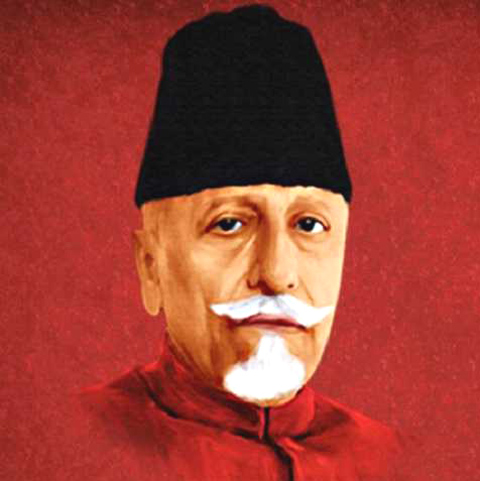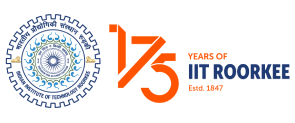About
Azad Bhawan
A Home Away from Home !

Azad Bhawan has been named after the renowned freedom fighter Maulana Abul Kalam Azad. Earlier Azad bahwan was known as PG Bhawan. However, recently it has been decided to mix up the UG as well as PG students. This brings together the young and experienced engineers together. The seniors feel young and energetic in the company of UG students and the juniors get the guidance from the seniors.
Maulana Abul Kalam Azad was born in the year 1888 in Mecca. His forefather's came from Herat (a city in Afghanistan) in Babar's days. Azad was a descendent of a lineage of learned Muslim scholars, or maulanas. His father's name was Maulana Khairuddin and his mother was the daughter of Sheikh Mohammad Zaher Watri.
In 1890, Azad's father moved to Calcutta. Educated according to the traditional curriculum, Azad learned Arabic and Persian first and then philosophy, geometry, mathematics and algebra. He was taught at home, first by his father, later by appointed teachers who were eminent in their respective fields. Seeing that English was fast becoming the international language, Azad taught himself to read, write and speak the language. He adopted the pen name "Azad" to signify his freedom from traditional Muslim ways.
Azad was introduced to the freedom struggle by revolutionary Shri Shyam Sunder Chakravarthy. Most revolutionaries in Bengal were Hindus. Azad greatly surprised his fellow Hindu revolutionaries with his willingness to join the freedom struggle. At first his peers were skeptical of his intentions. Azad found the revolutionary activities restricted to Bengal and Bihar. Within two years, Azad helped setup secret revolutionary centers all over north India and Bombay.
Azad supported Gandhiji's non-cooperation movement and joined the Indian National Congress (I.N.C) in January 1920. He presided over the special session of Congress in September 1923 and is said to be at the age of 35, the youngest man elected as the President of the Congress.
Azad was the staunchest opponent of partition of India into India and Pakistan. Partition shattered his dream of an unified nation where the Hindu and Muslim faiths would learn to co-exist in harmony. Maulana Azad served as the Minister of Education in Pandit Jawaharlal Nehru's cabinet from 1947 to 1958. He died in August 1958. Azad was honored with the Bharat Ratna posthumously in 1992..
